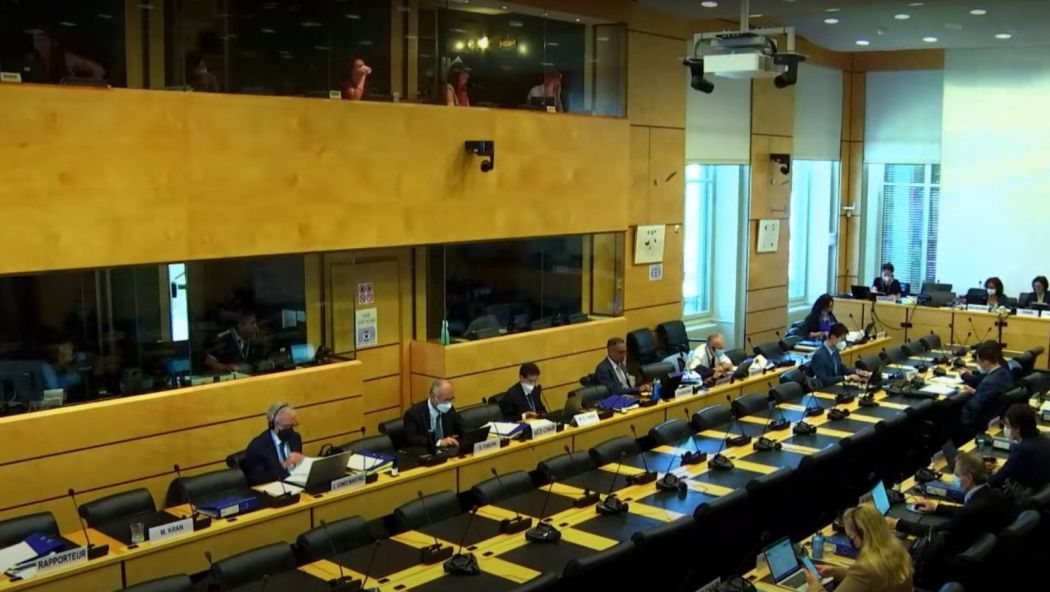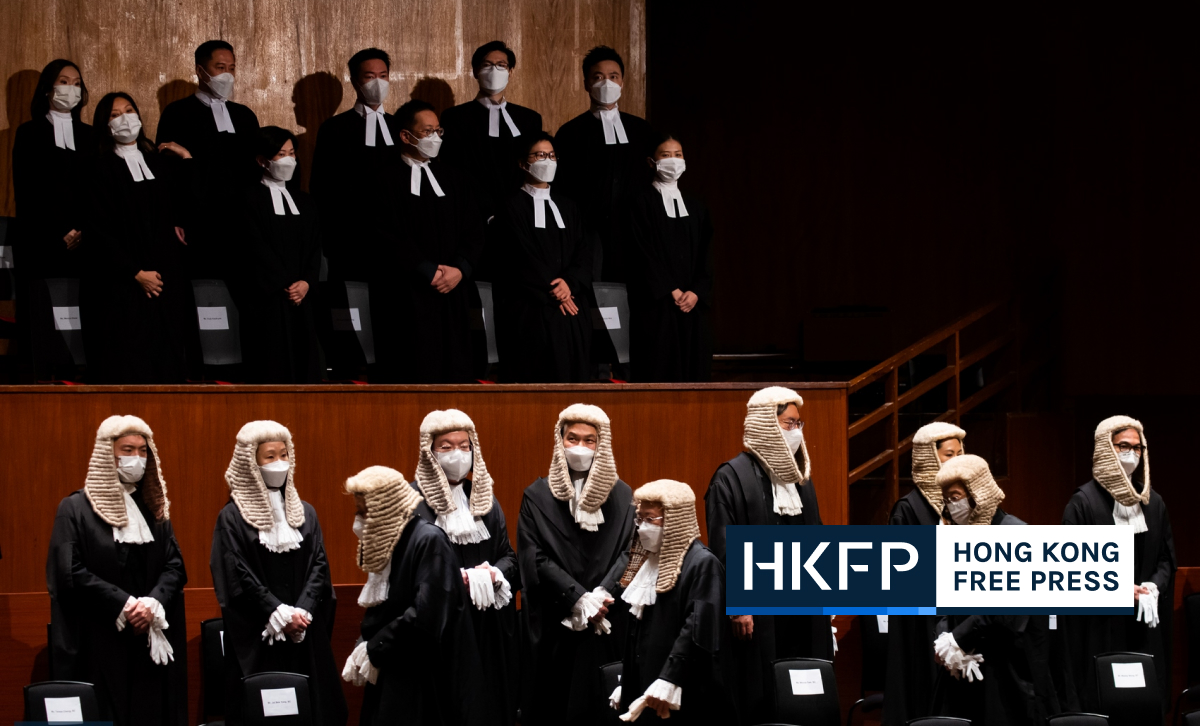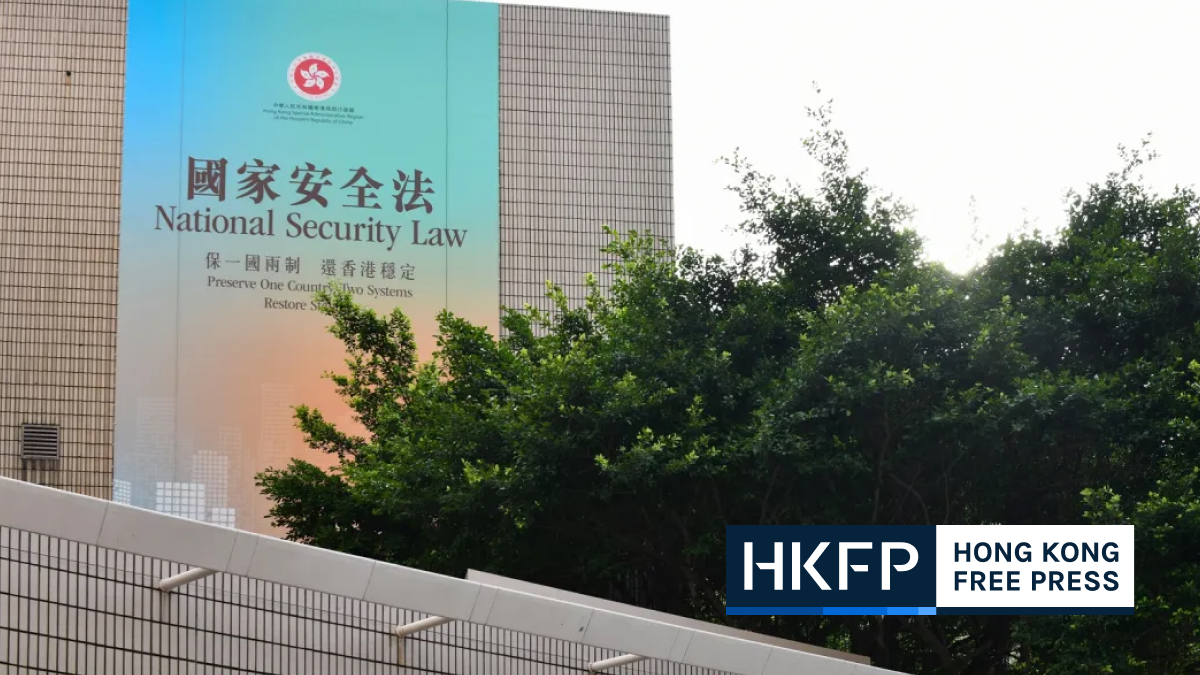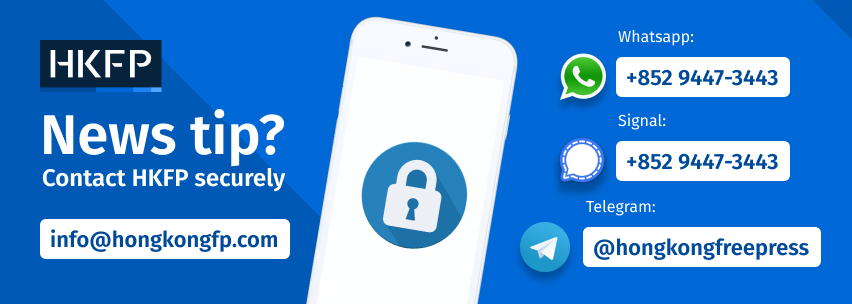A United Nations rights monitor has urged Hong Kong to repeal its national security law, citing the “overly broad interpretation” of its provisions and the subsequent violation of free expression in the city.
The strongly worded statement from the UN Human Rights Committee follows three days of virtual meetings with Hong Kong government officials earlier this month. The sessions in Geneva were dominated by committee members’ questions on political developments in the aftermath of the security law’s passage.

Committee vice-chair Christopher Arif Bulkan said the security legislation was “incompatible” with the International Covenant on Civil and Political Rights (ICCPR). The committee is tasked with monitoring state parties’ commitment to the treaty.
Although there are provisions in the Basic Law, Hong Kong’s mini-constitution, that uphold the ICCPR, the national security law “asserts a jurisdiction that tends to override or could threaten that primacy,” Bulkan told a press conference in Geneva, which was streamed online for reporters, on Wednesday.
The expert added that the “conundrum” of Hong Kong being a Chinese territory under the “One Country, Two Systems” framework – and the fact that China is not a party to the ICCPR – contributed to the reasons why the committee urged a “complete repeal” of the national security law.

The law, imposed by Beijing in June 2020 after months of protests against a controversial extradition bill, criminalises subversion, secession, collusion with foreign forces and terrorist acts. It carries a maximum penalty for some offences of life imprisonment.
The authorities maintain that the law has restored stability and peace to the city, but critics say it has been weaponised to crack down on activists, civil society groups and media outlets.
During the three days of meetings, rights experts raised concerns about developments in Hong Kong ranging from the crackdown on press freedom to the decrease in democratic representation in the Legislative Council under an overhauled “patriots only” electoral system also imposed by Beijing.

Ahead of the sessions, dozens of civil society organisations including the US-based Human Rights Watch and Freedom House submitted issues to the UN committee for discussion.
Despite repeated questioning by the committee, the Hong Kong delegates did not address whether those groups could be punished under the national security law for their involvement with the sessions.
No ‘coercive powers’
Besides calling for the repeal of the security law, the UN experts also issued a wide-ranging list of recommendations for Hong Kong authorities. Among them were suggestions for the city to investigate allegations of excessive use of force by police during the 2019 protests; introduce a “clear timeline” for the introduction of universal suffrage; and ensure that data collected via Covid-19 apps are “used strictly for specific and legitimate objectives.”
In particular, the committee highlighted its suggestions in three sections related to the security law, press freedom and freedom of association.

Hong Kong authorities are to update the UN committee on progress in adopting the recommendations in those areas by July 28, 2025. The committee will then issue a grade from A to E on the extent to which they have followed the recommendations.
Bulkan did not answer directly when asked about the chances of Hong Kong actually repealing the national security law, saying only that the committee does not have “coercive powers” and its role is to monitor the implementation of the ICCPR.
“In making recommendations, we make recommendations that we think… would best fulfil the covenant,” he said.
‘Unsubstantiated’ criticism
In a statement on Wednesday night, the government said it “strongly objects” to the rights committee’s “unfair criticisms.”

“[W]e are completely dismayed that the Committee continues to express unsubstantiated criticisms towards the HKSAR despite the delegation’s efforts in addressing members’ concerns and clarifying the misunderstandings of the human rights situation in the HKSAR,” the statement read.
The recommendations raised by the committee, the government said, were made “without giving due weight to the unique circumstances of Hong Kong.”
The statement added that the committee should view the security law “in the proper context” with regard to the “background of the violent social unrests” in 2019.
Support HKFP | Policies & Ethics | Error/typo? | Contact Us | Newsletter | Transparency & Annual Report | Apps

















